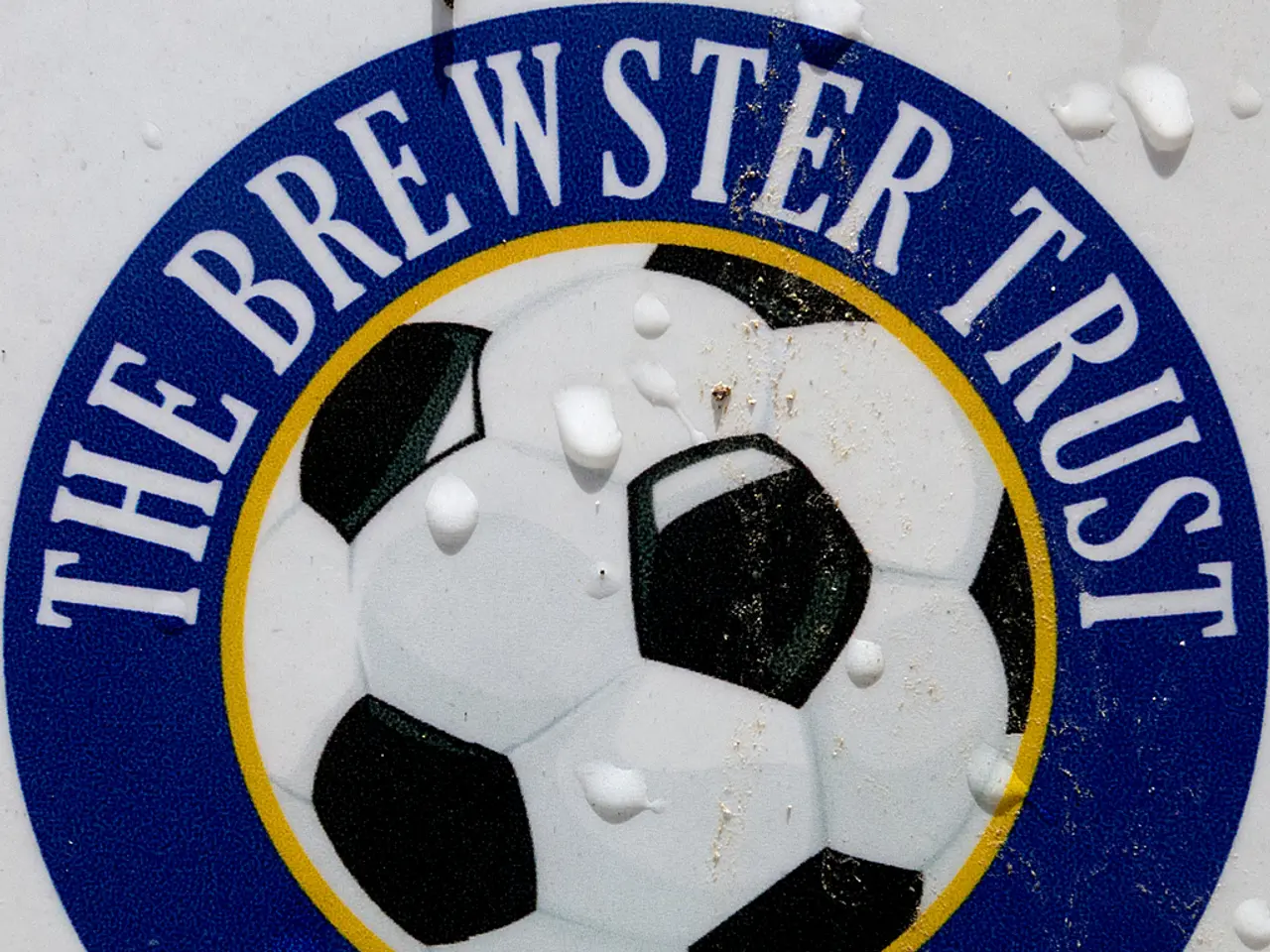American residents at risk due to a significant modification in Trump's legislation
The gambling industry is bracing for significant changes following the passage of the Tax Cuts and Jobs Act in 2017, which introduced a new federal tax provision that will impact professional poker players starting in 2026.
Previously, gamblers were allowed to deduct their losses from their winnings, effectively exempting those who broke even or incurred losses from tax on gambling income. However, a new rule limiting the deduction for gambling losses to 90% of winnings, rather than 100% previously allowed, will now mean that gamblers who have high volumes of winnings and losses that nearly offset each other will be taxed on at least 10% of their winnings even if their net result is zero or a loss.
For instance, a professional poker player who wins $100,000 and loses $100,000 in the same year would previously owe no tax on gambling income. Under the new rule, they will be taxed as if they earned $10,000, generating a tax liability despite no real net gain.
This change is expected to erode the already thin profit margins of professional gamblers and discourage high-volume betting activity. Recreational bettors may face higher costs indirectly, such as fewer contests or lower jackpots. Casinos and sportsbooks might see reduced betting volume, potentially leading operators to offset losses through higher margins on bet types like same-game parlays.
Moreover, states relying on gambling tax revenue could face challenges sustaining revenue growth due to decreased gambling activity. The nonpartisan Congressional Budget Office predicts that the bill would increase the federal deficit by $3.4 trillion over the next decade.
The new rule has been met with bipartisan opposition, with senators such as Ted Cruz, a professional poker player himself, introducing legislation to repeal or modify this provision. The American Gaming Association, representing the casino and sportsbook industries, has also urged Congress to preserve players' right to deduct all losses from winnings.
In the House of Representatives, Nevada Republican congressman Mark Amodei and others are promoting a bill that would restore the full deduction. Amodei noted that the new provision encourages tax evasion.
The tax change is projected to generate about $1.1 billion in federal revenue over a decade, but the impact on the gambling industry could be far-reaching and long-lasting. As the industry adapts to these changes, professional gamblers and casual players alike will need to reconsider their strategies and expectations.
I'm not sure if the new tax provision on gambling income will impact me significantly, but as a professional poker player, I'm concerned about the changes. In the future, I might have to pay tax on some of my winnings even if my net result is zero or a loss, which is not ideal.




